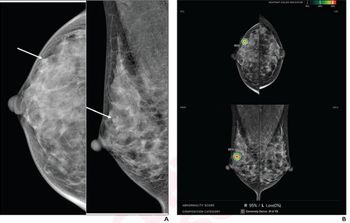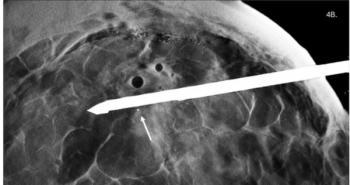
Maryland Enacts Breast Density Notification Law
Maryland became the seventh state to enact breast density patient notification laws.
Maryland last week became the seventh state to enact breast density patient notification laws.
Gov. Martin O’Malley
The
This notice contains the results of your recent mammogram, including information about breast density.
If your mammogram shows that your breast tissue is dense, you should know that dense breast tissue is a common finding and is not abnormal, with about half of women having dense or highly dense breasts. However, dense breast tissue can make it harder to find cancer on a mammogram and may also be associated with an increased risk of cancer.
This information about the result of your mammogram is given to you to raise your awareness and to inform your conversations with your physician. Together, you can decide which screening options are right for you based on your mammogram results, individual risk factors, or physical examination. A report of your results was sent to your physician.
Other states with breast density notification laws are California, Connecticut, New York, Texas, Virginia, and Hawaii. Several other states are considering similar legislation, and a federal bill was introduced in the House in 2011.
Breast density is the strongest predictor of the failure of a mammogram to detect cancer, according to advocate group Are You Dense? Women have said they want to know their breast tissue composition, the group stated.
However, critics of such legislation have expressed concern that it may confuse patients and complicate screening decisions. In a position statement last spring, the ACR said it supports giving breast density information in the lay summary, but urged stakeholders to consider possible unintended consequences and “proceed with caution” when looking at legislative requirements.
In an informal reader poll first introduced last spring (vote below), Diagnostic Imaging found that two-thirds of respondents agreed with including breast density information in the summary.
Newsletter
Stay at the forefront of radiology with the Diagnostic Imaging newsletter, delivering the latest news, clinical insights, and imaging advancements for today’s radiologists.














